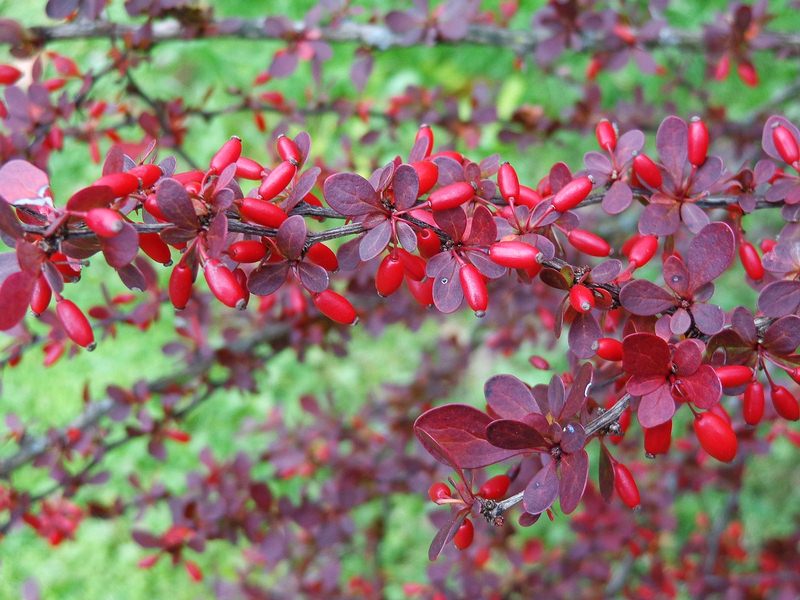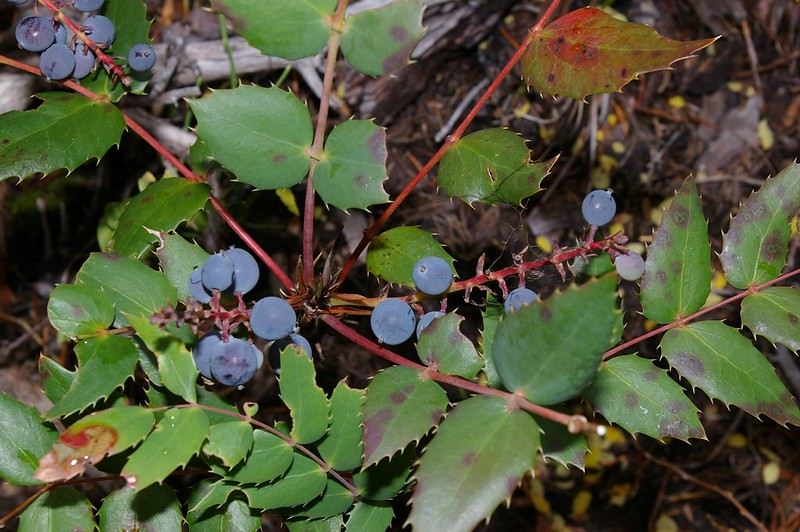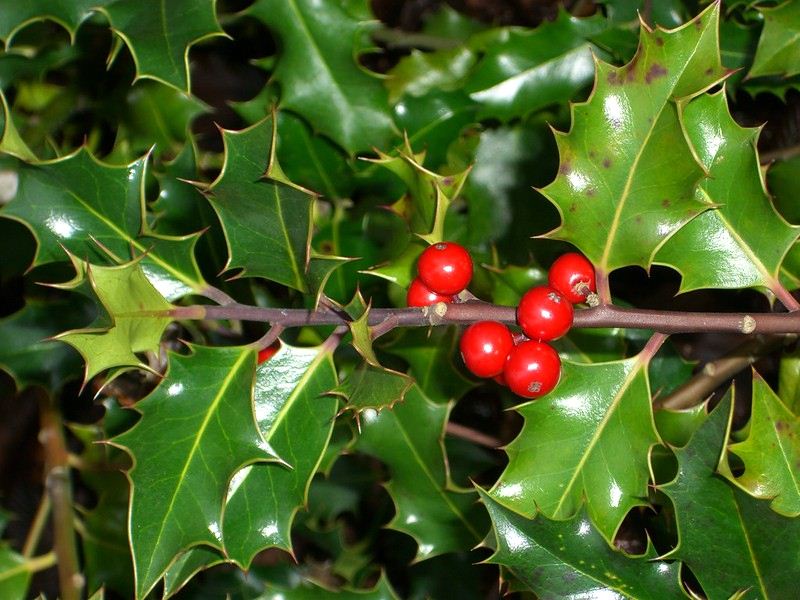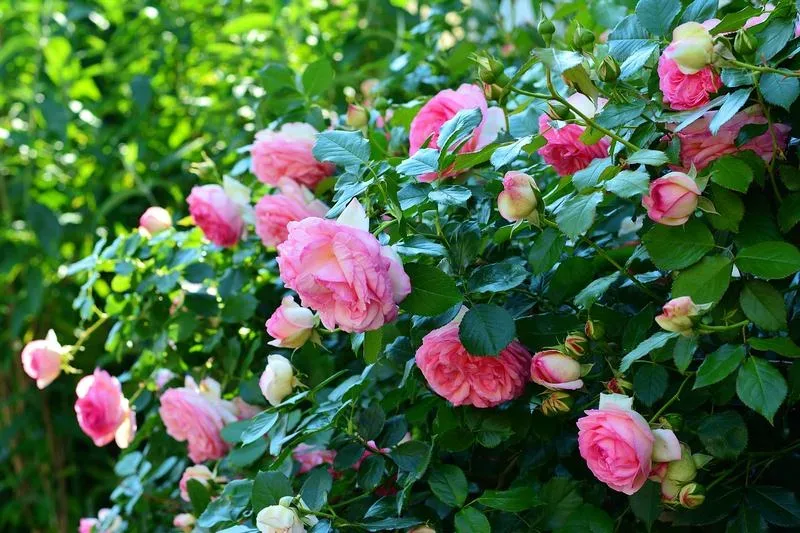At some point after a home burglary, your neighborhood police officer will probably give you the “do and don’ts” of landscape security.
You’ll learn that dense landscaping is an invitation for burglars, and houses that can’t be seen from the street are at the highest risk for break-ins.
Most home burglaries are crimes of opportunity; the would-be burglar sees an easy mark and decides to take advantage of it (Sunset: November 1988).
Keeping your home visible from the street, removing hiding places, clearing windows and doors from obscuring vines and other bushy plants, will make your place look less attractive to a potential burglar.

Of course, following these tips means you are sacrificing privacy for security. For those of us who live next to an alley, irrigation ditch, park or other public rights of the way area, we have it doubly difficult. We want privacy without sending a “Come rob us!” invitation.
I wasn’t willing to sacrifice my landscape for security, especially since we live in a dense urban neighborhood. Instead, I bought a dog and added prickly shrubs that were burglar deterrents.
Thorny landscaping, such as Pyracantha, Oregon grape, blackberries, and Rosa Rugosa were placed in the areas of the yard that had been entry points for burglars and other trespassers.
Now that they’ve reached maturity, they are quite effective in discouraging miscreants from jumping over the fence and loitering in the yard while no one is around.
Read Also:
Types of Thorny Landscaping
There are quite a few plants that are natural burglar deterrents. You’ve probably brushed against a few yourself! Any plant with a sharp thorn is an excellent way to keep trespassers off the yard.
On the west coast and Rocky Mountain region, homeowners have a wide variety of thorny landscaping plants to choose from.
Pyracantha and Barberry are two fast-growing, evergreen shrubs with wicked thorns. Both can reach heights of about 15 feet and can be pruned into a tight, impenetrable hedge. They are excellent to use along the perimeter of your property, smaller varieties are effective under windows.

Roses are beautiful solutions for creating security. I planted an 80 foot rose hedge along the retaining wall of my property, which has been effective in keeping people from hopping the fence.
Another variety of rose called the Japanese rose, or rosa rugosa is a suckering shrub that can spread quite fast. It can grow between 5-7 feet in height, forms dense thickets, and has zillions of wicked thorns on its stalks. This rose blooms once a year and is very attractive to nesting birds.
Oregon Grape is a large evergreen shrub mostly found in the Northwest. It has a leaf-like holly but produces small blossoms in the spring. In the summer, the berries resemble small concord grapes.

Oregon Grape is one of the few plants that seem to do well beneath pine trees and in areas of little shade. This shrub grows to 4-6 feet in height, with a spread of up to 10 feet. These are excellent perimeter shrubs as well and practically impossible to crawl through.
Holly is another variety of thorny plants. There are nearly 400 varieties of both trees and shrubs growing anywhere from 6 to 60 feet in height. Holly produces a bright red berry, which is mildly toxic. It’s not a plant I recommend with small children in the yard.

If your home is along an irrigation road or alley, a row of blackberry or raspberry bushes provides a practical deterrent for any trespasser. These are fruit producing, suckering vines that can be trained to grow along a fence (chain link works especially well).
Left alone, they can turn into thickets as high as 10 feet. Berry bushes spread quite easily and are difficult to get rid of once established. They are best planted in areas where they won’t interfere with other landscaping.
Bougainvillea is a thorny vine with purple or yellow blossoms, that can grow to lengths of up to 35 feet. It prefers warmer climates and blooms frequently. Bougainvillea is ideal for fences and trellises.
Natal plums are another variety of southern plant that prefers warmer climates. This evergreen shrub reaches up to 7 feet in height, with a spread of 8-10 feet. It’s characterized by a unique mounding shape and white, star-shaped flowers.
For desert residents, spine-tipped yucca and prickly pear cactus are excellent plants for chasing off would-be burglars. Prickly pear cactus are especially effective beneath windows.
Unless you surround your home with a gated compound, you’ll never be able to keep people completely off your property. But, by planting thorny shrubs in areas where trespassers tend to collect or cut through, you will make your home less of a target for burglary.










